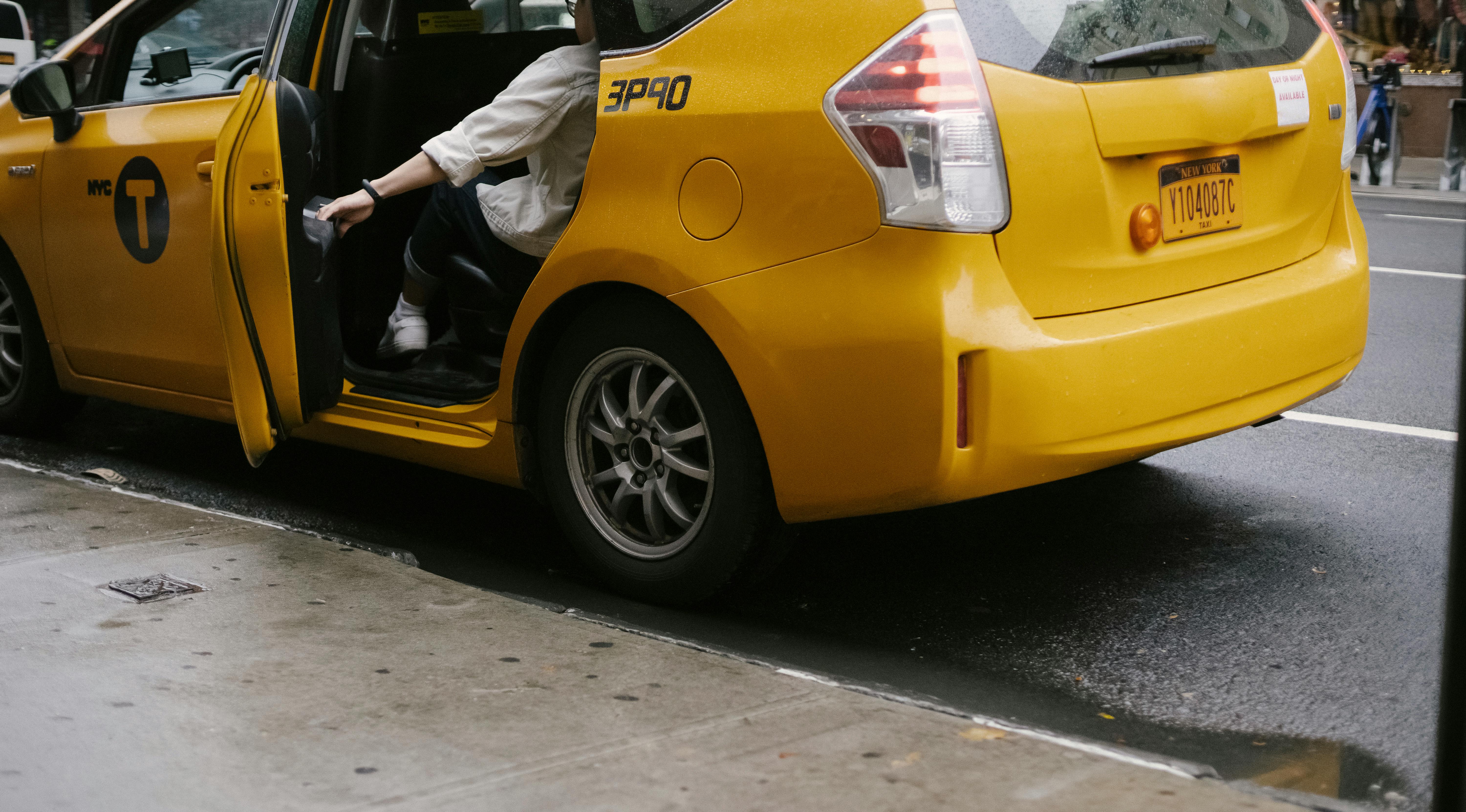Does Singapore hold itself?
Singapore is often seen as a leader in sustainable development in the region. Malaysia, for example, developed the Green Building Index (GBI) after much consultation with the Building and Construction Authority of Singapore (BCA).
In June this year, Singapore will host the World Cities Summit, which promotes ‘livable and sustainable cities’.
This event will undoubtedly position Singapore as a serious leader in promoting green technology in the region.
But is Singapore really a model of sustainable development?
On a micro level, that seems to be the case.
In the local real estate industry, the BCA has done a good job in regulating the real estate market by taking the lead.
For example, it has required that all new public buildings and those undergoing major modernization meet minimum environmental sustainability standards equivalent to the Green Mark certification level under its First Green Building Masterplan.
It has also required all existing public sector buildings to achieve the Green mark Gold Plus award by 2020.
In addition, the BCA has continued to recognize developers who have gone green through its annual BCA Awards, often referred to as the “Oscars” of the Singapore construction and building industry.
This has helped raise the standards of sustainable development, as this year’s awards ceremony demonstrates.
New milestones reached in the real estate market
Singapore’s leading developers continue to make new strides in sustainable development, as evidenced by the myriad of awards bestowed at this year’s BCA Awards. This year, the BCA handed out a whopping 159 awards.
CapitaLand won seven awards in total, four of which were for its residential developments.
The Interlace and its upcoming development on Farrer Road received Green Mark Gold Plus awards for its green features, ranging from good building design to the use of solar panels and water-saving fixtures.
Additionally, RiverEdge and Varsity Park Condominium each earned the Construction Excellence Award, which recognizes construction projects that have demonstrated performance excellence.
CDL also achieved another industry milestone: its luxurious 240-room W Singapore Sentosa Cove earned the first BCA Green Mark Platinum award for a new hotel development.
For residential developments, Cube 8, Tree House, Volari and W Singapore Sentosa Cove have won four Green Mark Platinum Awards.
CDL also received three Construction Excellence Awards, two Design and Engineering Safety Awards, and two Universal Design Awards.
CDL’s City Square Residences, which won the Design and Engineering Safety Awards, was honored by the BCA for constructing a 400-foot-wide diaphragm wall
to mitigate the risks in the construction of three levels of underground parking in difficult ground conditions.
green controversies
However, on a macro level, Singapore has been under the spotlight on environmental issues, but for all the wrong reasons.
For example, the Energy Information Administration (EIA) has frequently mentioned that Singapore has one of the highest carbon emissions per capita in the world.
The EIA, which provides energy statistics to the US government, takes into account data such as carbon emissions from bunker fuel, aviation, and refining processes.
In May, Global Witness, an environmental organization that exposes the corrupt exploitation of natural resources and the international trading system, published a damaging report alleging that Singapore was importing sand from Cambodia illegally and without regard for the environment.
The city-state was also recently named the worst offender in a study by two universities.
The study, which was jointly conducted by the National University of Singapore (NUS) study and the University of Adelaide, ranked Singapore as the worst environmental offender among 179 countries.
According to the study, Singapore has seen the loss of 90 percent of its forest, 67 percent of its birds, about 40 percent of its mammals, and 5 percent of its amphibians and reptiles.
So far, the Ministry of National Development and the Ministry of Environment and Water Resources have refuted both accusations, respectively.
In the case of the Global Witness report, the Singapore government had stated that it had received no official notification of the sand ban in Cambodia.
Global Witness, on the other hand, argued that the fact that Singapore is the main market for Cambodian sand and that the BCA publicly commented on it in May 2009 suggests that the Singapore government is aware of the ban.
Global Witness and the two universities said they stand by their statement.
While the verdict is still out, perhaps the Singapore government could do more to show that it is truly practicing what it preaches.
